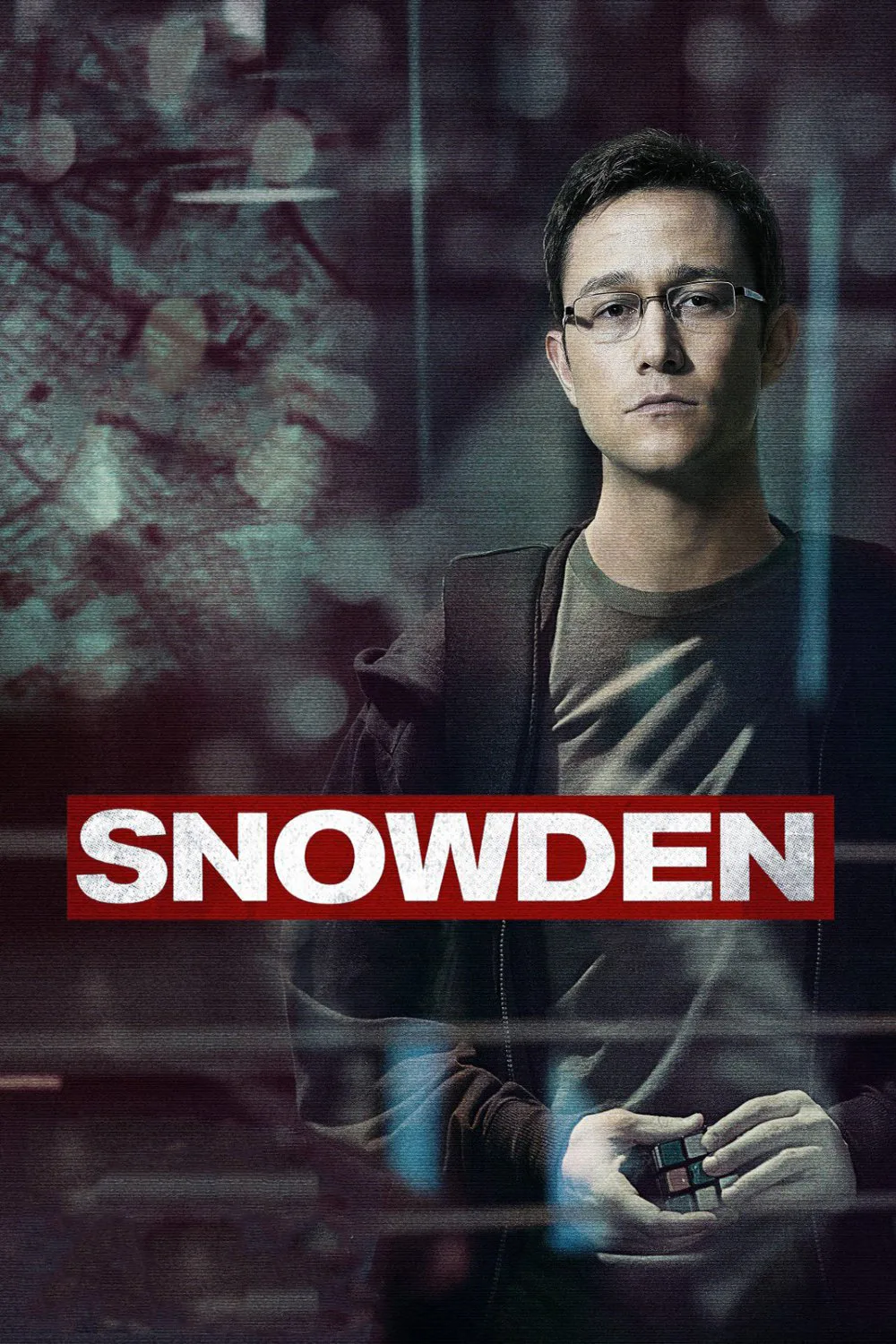If Edward Snowden didn’t exist, Oliver Stone might have invented him. One can imagine a Stone film about a former employee of the U.S. government who becomes disillusioned with his country when he learns the depth of its deceit. In fact, that last sentence could describe a few Stone films, and so “Snowden” has been widely anticipated as a return to form for the director of masterpieces like “Platoon,” “JFK” and “Born on the Fourth of July.” It’s his first film in four years and his first with a true story behind it in almost a decade (“W.”).
History will recognize Stone as one of the most important cinematic historians when it comes to the stories of his country, from Vietnam to Richard Nixon to 9/11. And so it makes perfect sense that he would be attracted to the story of Edward Snowden, the whistleblower who revealed the scope of just how little privacy we have in a post-9/11 world. Stone made the very smart move to hire a committed, underrated actor to play the challenging lead role, and the result is a film that thrives off its central performance. Some of the elements around that performance are a bit lacking, especially the script, but there’s an energy here that Stone hasn’t had in a few films, as if he’s been enlivened by a subject he was destined to document.
“Snowden” actually opens with a scene that will be very familiar to viewers of the Oscar-winning “Citizenfour”—that film’s director, Laura Poitras (Melissa Leo), and journalist Glenn Greenwald (Zachary Quinto) are going to meet Snowden (Joseph Gordon-Levitt), who then recounts the last few years of his life under extreme cover (cell phones go in the microwave, for example). The structure of Kieran Fitzgerald and Stone’s script essentially alternates between three stories—the story of Snowden’s discovery of his government’s highly intrusive and global surveillance; the story of Snowden’s romance with Lindsay Mills (Shailene Woodley) and how it was impacted by his top-secret jobs; and the story of the release of what Snowden knew, as documented in “Citizenfour.” All three arcs have that “JFK”-esque tendency to have even the smallest roles filled by recognizable faces: Rhys Ifans, Tom Wilkinson, Nicolas Cage, Timothy Olyphant, Joely Richardson, Logan Marshall-Green, Keith Stanfield, Ben Chaplin and more pop up throughout the complex story.
And this story is truly complex, especially in the way Stone and Fitzgerald have chosen to tackle it. They offer a little bit of “the early days of Edward,” but it’s not long before Snowden is, shall we say, seeing how the sausage gets made. For those viewers who have not seen “Citizenfour” or read many of the articles written about Snowden, the mid-section of Stone’s film could prove incredibly shocking, and may force a trend of people putting pieces of tape over their laptop camera. That covert operations run by our government have the capability to turn on your laptop camera without you knowing it is only one of the revelations here. And as Snowden continues to get deeper into the rabbit hole of privacy invasion, Gordon-Levitt’s performance becomes more exceptional. At first, it feels like something of an impression (although a really good one, for the record), but the film works in the way that Gordon-Levitt captures the conflicted inner turmoil of Snowden as the story progresses. He has a remarkable ability to do what so many other actors can’t: look at a computer screen and take in its information as if he’s seeing it for the first time. He grounds a complex story by giving it a very human, reactive element at its center.
Stone’s film falters with the relationship drama involving Snowden and Shailene Woodley’s Lindsay Mills. Both actors do their best to make these scenes connect, but some moments feel like they came out of another movie and the pair doesn’t quite have the right chemistry to make them effective. I understand the intention—to balance the inordinate number of sequences in front of computer screens with a flesh and blood dynamic—but they just don’t work, partially due to flat dialogue but also because they don’t have the energy of the rest of the film. They almost feel like an obligation—a producer’s note to make the film more relatable—but it creates a herky-jerky pace to “Snowden” that keeps it from building steam. I’m sure there were dozens of drafts exploring different ways to tackle this story, and I’m not convinced they found precisely the right one. Less relationship drama, and perhaps going chronological from front to back instead of using flashback structure, might have helped the rhythm.
Despite my issues with the structure of “Snowden,” there are numerous accomplished scenes and the film is carried throughout by Gordon-Levitt. It’s in his body language, which captures a man truly conflicted about what to do with the information he’s discovered. And that’s an interesting approach to the Snowden story in and of itself. In the days after the whistleblowing, and even today, many people still want to villainize Snowden as a traitor. It’s not surprising that Stone doesn’t feel that way, but what I like about the film is how deeply he works to humanize someone who has become a symbol for US privacy invasion and the need for transparency. Working with a very identifiable actor, Stone is careful to keep this story specific. To be honest, that’s been a gift of his for years, making sure he doesn’t lose the human story of people like Ron Kovic or Jim Garrison as he’s simultaneously painting a bigger picture. It’s good to have him back at the canvas.




















